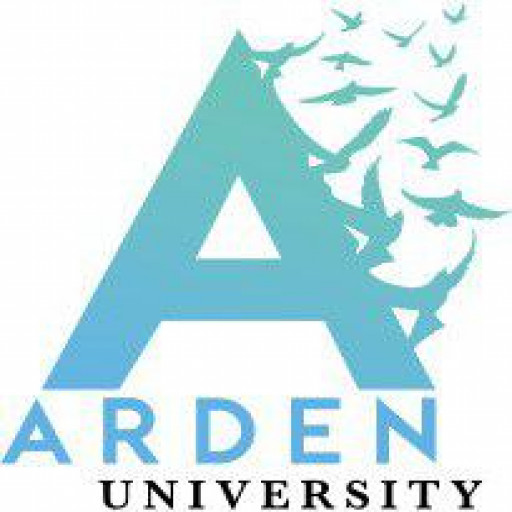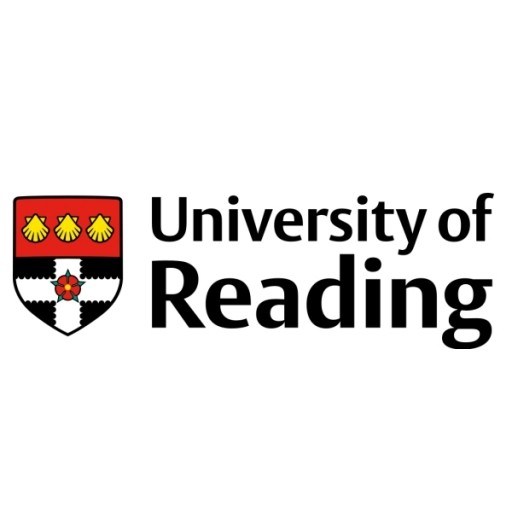Photos of university / #bruneluni
The MSc Human Resource Management and Employment Relations programme at Brunel University London is designed to equip students with comprehensive knowledge and practical skills essential for a successful career in the HR and employment relations sectors. This programme offers a rigorous blend of academic theory and real-world application, preparing graduates to effectively manage human resources and foster positive employee relations within diverse organizational contexts. Students will explore key topics such as strategic HR management, organizational development, employment law, workforce planning, and negotiation strategies. The curriculum emphasizes critical thinking, problem-solving, and decision-making skills, ensuring students are well-prepared to address contemporary issues faced by HR professionals and employment relations specialists. Throughout the course, students have opportunities to engage with industry practitioners, participate in case studies, and undertake practical projects that simulate real HR challenges. The programme also highlights the importance of ethical practices and diversity in the workplace, promoting inclusive approaches to managing human capital. Brunel’s strong links with industry ensure that the content remains relevant and focused on current trends and future developments. Graduates can pursue roles in various sectors including consultancy, private and public organizations, trade unions, and government agencies. Overall, the MSc Human Resource Management and Employment Relations at Brunel University London provides a thorough foundation for those aspiring to influence positive change within organizations through effective HR strategies and employment policies, making it an ideal choice for individuals committed to advancing their careers in human resource management and employment relations.
Program Overview
The Human Resources and Employment Relations program at Brunel University London offers a comprehensive exploration of the key concepts, theories, and practices that underpin effective management of human resources within organizations. Designed for students aspiring to develop a deep understanding of employment relations, organizational behavior, and strategic HR management, this program provides a solid foundation for a professional career in HR, industrial relations, or related fields. Throughout the course, students will engage with topics such as recruitment and selection, employee development, performance management, labor law, industrial relations, and workplace ethics. The curriculum combines theoretical frameworks with practical applications, enabling students to analyze and solve real-world HR problems.
Students will learn about the dynamics of employer-employee relationships, the legal and ethical considerations involved in HR decision-making, and the strategic role of HR in contributing to overall organizational success. The program emphasizes the development of critical thinking, communication skills, and a partnership approach to managing diverse workplaces. With a focus on contemporary issues such as diversity and inclusion, globalization, and technological change, the course prepares graduates to adapt to evolving employment landscapes.
The program also includes opportunities for work placement, internships, and projects with industry partners, facilitating practical experience and enhancing employability upon graduation. Students will benefit from experienced faculty members who bring academic expertise and industry insights, as well as access to state-of-the-art facilities and research resources. Upon completion of the program, graduates will be well-equipped to pursue careers in HR management, consultancy, labor relations, policy development, or further academic study. Brunel University London's Human Resources and Employment Relations program aims to produce highly skilled professionals capable of making a positive impact in a dynamic and competitive global labor market.
The Human Resources and Employment Relations program at Brunel University London is designed to provide students with a comprehensive understanding of the strategic, operational, and legal aspects of human resource management and employment relations. The programme typically requires applicants to possess a strong academic background, often including relevant A-levels or equivalent qualifications, and may prefer applicants with a keen interest in organizational behavior, management, and social sciences. International students are often expected to demonstrate proficiency in English through standardized tests such as IELTS or TOEFL.
Throughout the course, students are expected to complete a combination of theoretical modules and practical assessments. These modules cover a broad range of topics, including employment law, organizational behavior, talent management, labor economics, and employment relations strategies. A significant element of the program involves developing critical thinking and research skills, enabling students to analyze complex issues faced by modern organizations and formulate effective solutions.
Students are usually required to undertake a certain amount of independent study, group projects, and possibly internships or placements to gain real-world experience. A dissertation or a final-year project is often a mandatory component, where students investigate a specific topic within human resources or employment relations in depth. The program aims to prepare graduates for careers in HR management, organizational consultancy, or employment law consultancy, equipping them with the skills necessary for success in diverse organizational contexts.
Additionally, the program fosters the development of communication, negotiation, and leadership skills critical for effective HR practice. It emphasizes ethical considerations, diversity, and equality issues within the workplace, aligning with current best practices and legal frameworks. The curriculum is regularly reviewed to ensure it remains relevant to the evolving needs of the HR sector and employment landscape.
Overall, enrollment into the Human Resources and Employment Relations program typically requires applicants to demonstrate academic ability, motivation, and a genuine interest in the field. The program’s structure combines rigorous coursework with practical experience, aiming to produce highly employable graduates ready to contribute to and transform the workplaces of tomorrow.
Tuition fees for the Human Resources and Employment Relations programme at Brunel University London vary depending on the student's domicile and the mode of study. For domestic students (UK residents), the annual tuition fee for full-time undergraduate study is approximately £9,250. International students enrolling in the same programme generally pay higher fees, around £16,000 to £18,000 per year. Part-time students may have different fee structures, often calculated on a pro-rata basis.
Students are encouraged to explore funding options such as scholarships, bursaries, and grants offered by Brunel University London. The university provides merit-based scholarships for both UK and international students, which can significantly reduce the financial burden. Additionally, students may be eligible for government student loans through the UK Student Finance system, which covers tuition fees and provides maintenance loans for living costs. International students are advised to seek financial support from their home country or international scholarship programs, as Brunel University also offers some funding opportunities for international students.
Students should also consider cost-of-living expenses in London, including accommodation, food, transportation, and study materials. Brunel University London provides various housing options, from university halls to private accommodations, with costs ranging from approximately £120 to £200 per week depending on the type and location. Budgeting for these expenses is essential for a comprehensive financing plan.
Work placements and part-time employment opportunities are available for students seeking additional income during their studies. Brunel University encourages students to balance their academic commitments with work to improve their financial stability and gain practical experience relevant to Human Resources and Employment Relations.
International students who wish to study part-time or via distance learning should verify specific fee structures and funding opportunities, as these can differ from full-time, on-campus programmes. The university often revises tuition fees annually; therefore, prospective students are advised to consult the official Brunel University London website or contact the admissions office for the most current information.
In summary, the total cost of the programme includes tuition fees, living expenses, books, supplies, and miscellaneous costs. Financial planning is highly recommended before commencing studies to ensure that students can comfortably afford their education while maximizing available funding options.
The MSc Human Resources and Employment Relations at Brunel University London is designed to equip students with a comprehensive understanding of the key concepts, theories, and practical skills necessary for effective management of human resources within organizations. The programme explores various aspects of employment relations, including employment law, employee engagement, organizational behavior, and strategic HR management, providing students with a solid foundation to pursue careers in HR departments, consultancy, and related fields. Throughout the course, students engage with contemporary issues such as diversity, inclusion, workforce development, and the impact of technological changes on employment practices. Brunel’s approach emphasizes experiential learning, combining academic theory with real-world applications through case studies, group projects, and guest lectures from industry professionals. The programme nurtures critical thinking, analytical skills, and ethical awareness, preparing graduates to address complex HR challenges in a globalized and rapidly evolving labor market. Students have access to Brunel's extensive resources, including dedicated HR labs, career services, and networking opportunities with alumni and organizations. The course typically includes core modules on employment law, human resource management, organizational behavior, and research methods, with optional modules allowing specialization in areas such as industrial relations or organizational development. The MSc Human Resources and Employment Relations aims to develop strategic thinkers capable of navigating the complexities of employment relationships and contributing to organizational success. Graduates are well-positioned to take on leadership roles in HR, employment relations, and organizational development across various sectors. The programme duration is usually one year full-time, with options for part-time study. Entry requirements include a relevant undergraduate degree and proficiency in English. Brunel University London’s strong links with local, national, and international organizations enhance students’ employability prospects upon graduation.









